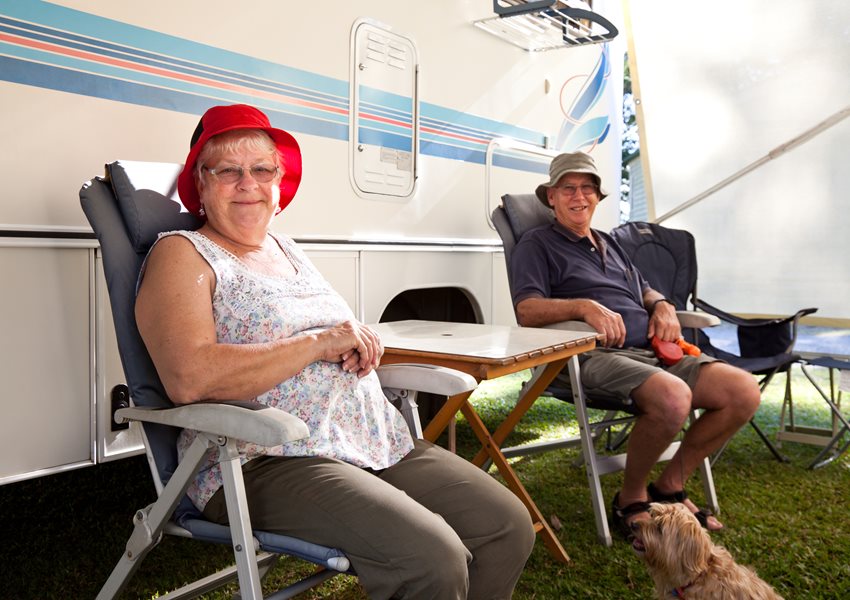Travelling
While staying in a familiar environment is generally a good thing for people with dementia, travelling is often necessary and can give everyone a welcome change of scene.

Travelling in the early stages of dementia is usually better as many people with more advanced dementia don’t react well to being out of their routine. However, sometimes you do need to travel and with some thoughtful planning and the right conditions, you can enjoy a successful trip or holiday.
General travelling tips
- Be prepared to do everything for two – you may need to make all the arrangements and hold all the money and documents.
- Encourage the person with dementia to wear an identification bracelet with emergency contact details at all times.
- Take enough medication to cover the time you’re away, and take a list of recent and current medications, as that may be helpful if they become unwell.
- Be aware of public toilet blocks that have more than one entry or exit point – use disabled toilets where there’s space for you to be in there together.
- Allow plenty of time to do everything you need to do and to get everywhere.
- Consider breaking the journey at convenient points to reduce tiredness and fatigue.
- Always ask for help – people cannot help if they don’t know there’s a problem.
- Keep a sense of humour and laugh at the funny things that happen along the way
-

Booklet: Supporting a person with dementia
A guide for family/whānau and friends
This booklet gives you information and tips on helping a person with dementia with their personal care, such as washing and dressing, nutrition, sleeping and travelling, as well as communication and ideas for meaningful activities and ways you can look after yourself – which is very important, too.

